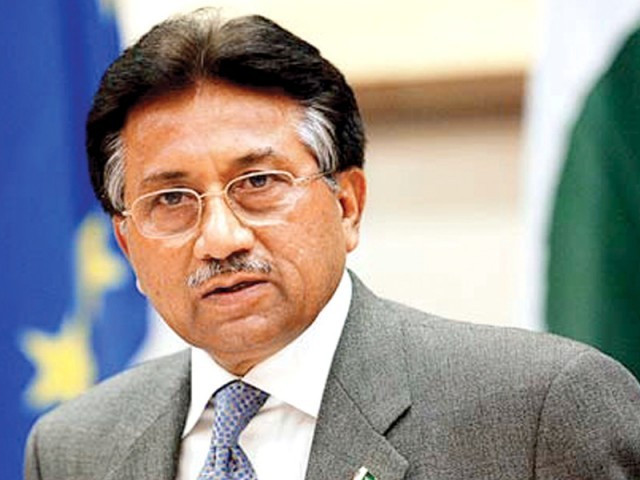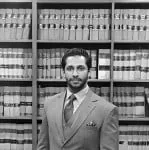The events that led to the 1999 coup d’etat and Lawyers’ Movement have been adequately recorded in history. For a detailed account of the Lawyers’ Movement, one can refer to Muneer A Malik’s ‘The Pakistan Lawyers’ Movement: An Unfinished Agenda’.
Nevertheless, what concerns us today is that the present government has decided to try former President of Pakistan, General (retd) Pervez Musharraf, for High Treason under Article 6 of the 1973 Constitution of Pakistan.
Article 6 states,
“Any person who abrogates or subverts or suspends or holds in abeyance, or attempts or conspires to abrogate or subvert or suspend or hold in abeyance, the Constitution by use of force or show of force or by any other unconstitutional means shall be guilty of high treason.”
The catch, however, is that Musharraf will only be tried for the acts of November 3, 2007.
In my opinion, Musharraf should be tried for his whole reign from when he took over in 1999 to 2008 right before he received his Guard of Honour from the armed forces which he once commanded. Let the case be tried in open court and let the learned judges decide the matter on taking into account all the events that led to the coup and the eight years of Musharraf’s dictatorship.
Countless people sacrificed their lives in the Lawyers’ Movement for the independence of the judiciary and for the same judiciary to dispense justice. The maxim ‘fiat justitia ruat coelum’ (let justice be done though the heavens may fall) is not only befitting but also much needed.
Having said that, one of the main causes of concern is that of conflict of interest.
When Musharraf declared a state of emergency on November 3, 2007, he stated that the judges are “overstepping the limits of judicial authority” and taking charge of executive and legislative functions as one of the reasons.
This was clearly directed at the Chief Justice who not only defied Musharraf by allowing Constitutional Petition no nine of 2006 (subsequent to which the chief justice declared the transaction of privatisation of the Pakistan Steel Mills void), by refusing to resign when he was forced to, but also by not facilitating Musharraf’s re-election as president for another five years.
The case will be pursued by the Attorney General on behalf of the federal government but it will be judged by those very people that were affected by it, primarily Chief Justice Iftikhar Muhammad Chaudhry and other judges who still command respect in the eyes of the legal fraternity.
This is where there is clear conflict of interest.
Another legal maxim exists, which states, ‘nemo iudex in causa sua’ (no one should be a judge in his own cause). This was confirmed when the issue of bias was discussed in the case title, Federation of Pakistan vs Muhammad Akram Shaikh (PLD 1989 Supreme Court 689). However, their Lordships went further in granting an exception of necessity. A judge who would otherwise be disqualified may act in a case of necessity where no other judge has jurisdiction (PLD 1989 Supreme Court 689).
Currently, Chief Justice Iftikhar Muhammad Chaudhry is in the position of power to decide the fate of Musharraf but in doing so, the honourable chief justice walks a very fine line. Any sign of bias will clearly be in violation of Article IV of ‘Code of Conduct for Judges of the Supreme Court and the High Courts’ that was issued during his tenure in 2009.
Judges also have a right to recuse themselves from hearing a case. Recusal is defined by Black’s Law Dictionary as, “to remove (oneself) as a judge in a particular case because of prejudice or a conflict of interest.” But because the Chief Justice is at the top of the hierarchy, it is for their lordships’ perusal whether they should recuse themselves from hearing this case or whether the necessity principle applies.
Regardless, of what the honourable judges decide, it is unfortunate that today Musharraf hopes to invoke justice through the same constitution he once held in abeyance by attempting to enforce Article X, the Right to Fair Trial.
This post originally appeared here
Follow Saifullah on Twitter @SaifullahFS



COMMENTS
Comments are moderated and generally will be posted if they are on-topic and not abusive.
For more information, please see our Comments FAQ